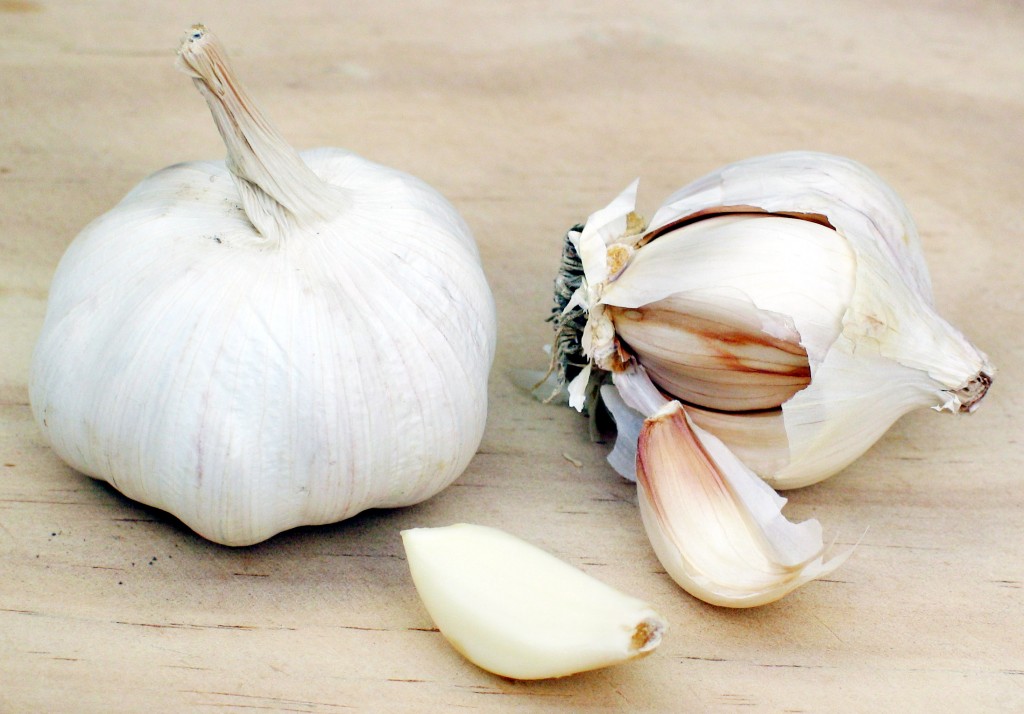Things to know About Your Immune Systten in Winter:
- Viral, bacterial, or fungal? Understanding your chest infection and how to combat it
- 5 Anti-Inflammatory Solutions to Fight off Chest Infections
- Natural solutions or antibiotics? Taking the fight to acute bronchitis

Acute bronchitis (a chest cold) is characterised by a persistent cough, and is often accompanied by symptoms similar to the common cold. Headaches, fever, a blocked and runny nose, sneezing, and aching are typical symptoms, but the cough may continue for some weeks after the other symptoms have passed.
Acute bronchitis is usually caused by a virus, although it is occasionally bacterial in origin. The infection causes inflammation of the bronchial tubes leading to the lung, which is why we cough, as the body wrestles to destroy the germs and expel any mucus that becomes trapped in your airways.
Research shows that the flu virus spreads more easily in winter: cold weather causes the virus to develop a hard coating that stops it being destroyed by the elements. In warmer months, this hard coating turns soft, so the virus is more easily destroyed and cannot spread as readily. This goes some way in explaining why other chest and respiratory infections are more common in the winter months.
The Health Service Executive do mention that,
the outlook for acute bronchitis is very good. The condition is usually mild and self-limiting, which means that it gets better by itself without the need for medical treatment.
This is obviously a great thing to read, however if you need that extra boost to your immune system to fight it off quicker, there is no need to fear.
Treatments
There are a variety of treatments that may help. Over the counter medicines such as paracetamol, ibuprofen, or aspirin (unsuitable for children) can lower your temperature and may reduce the severity of some symptoms. Keeping hydrated is important, so drink plenty of fluids, and if you’re a smoker, it’s a good idea to stop — permanently if you can.
If your doctor thinks your infection may be bacterial in origin, he might prescribe antibiotics. However, it may be unwise to press him for antibiotics too quickly, because if your infection is actually viral, then antibiotics may do more harm than good. They will kill your healthy bacteria, compromising your immune system further, while failing to have any effect on the virus that’s causing the problem.
Read also:
Better Understand Your Chest Infection
The benefits of conventional medicines are that they’ve been through scientific testing, so you may feel reassured by that. However, one study found that over the counter cough medicines were no more effective than a placebo syrup (cough treatment), and other studies have queried their usefulness too. The consensus seems to be that syrups may sooth a sore throat, but there’s no evidence of any medicinal benefit from the so-called ‘active ingredients’.
There are, however, studies suggesting that sugars (and syrups) may suppress the immune system, which could make you wonder whether you might be better off with a soothing cup of ginger tea instead.
Natural treatments tend to be less subject to scientific scrutiny, but there are many people who swear by their effectiveness.They may have fewer side effects and lower toxicity than conventional medicines, but still take professional advice.
Your GP is probably more likely to prescribe rest, fluids, and healthy eating than heavy-duty drugs, but some of these natural treatments may help to alleviate symptoms.

One treatment that’s very safe is garlic. This is one of the world’s healthiest foods, a potent immune booster and anti-microbial agent. It’s full of valuable nutrients, is good for a healthy heart, and it certainly won’t do you any harm. You can add it to your food, or take it as a supplement. The downside is that garlic can give you pungent breath for a while. The upside is that it’s antibacterial, antiviral, and antifungal, so if there’s doubt about the cause of your infection, its broad spectrum of activity should mean it’s beneficial in any case. Many garlic supplements are designed to maximise their medicinal benefit, and to minimise (or eliminate) the smell of garlic on your breath.

Ginger is another very safe treatment. It contains a potent anti-inflammatory agent called gingerols. This supports detoxification by promoting healthy sweating, which may help your body to fight off infections. Ginger can be included in your diet (adding spice to a meal), drunk as a tea, or taken as a nutritional supplement.
Hot drinks, such as lemon and honey are considered to be helpful for alleviating symptoms too, especially a sore throat. The antibacterial properties of honey may help if bacteria are a part of the problem.
One of the best things you can do for your health, if you have acute bronchitis, is to maximise the strength of your immune system. This means getting plenty of sleep, eating healthy foods, and going for a gentle walk when you feel well enough to do so. Avoid processed foods and sugar, and avoid stress: these can deplete the effectiveness of your immune system. People with a good network of friends tend to have stronger immune systems than those who are isolated, so call a friend and have a laugh — humour can boost your body’s production of white blood cells that help fight infection.
Discover How to Fight Acute Bronchitis

Leave a Reply